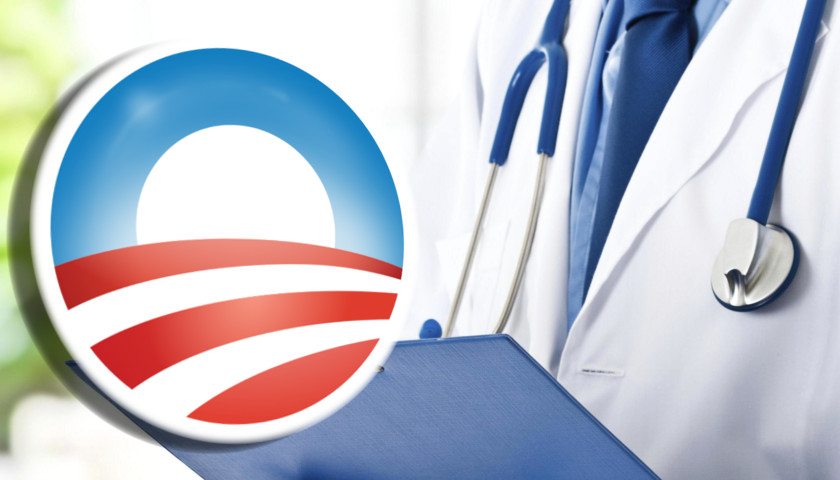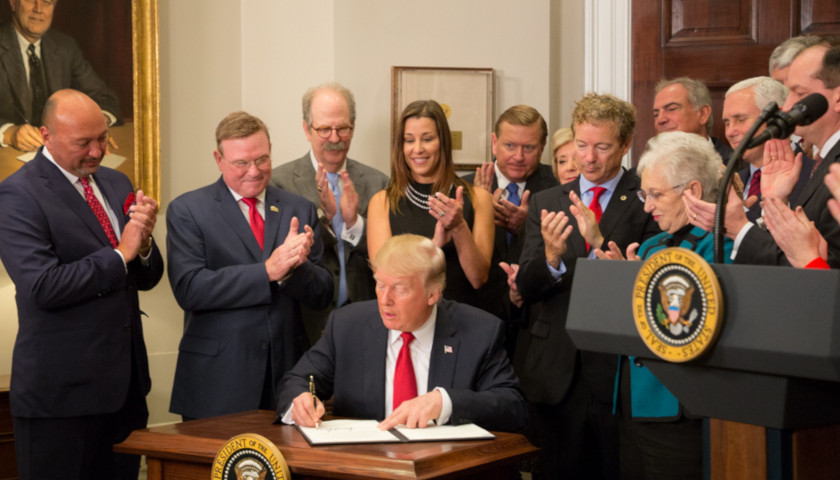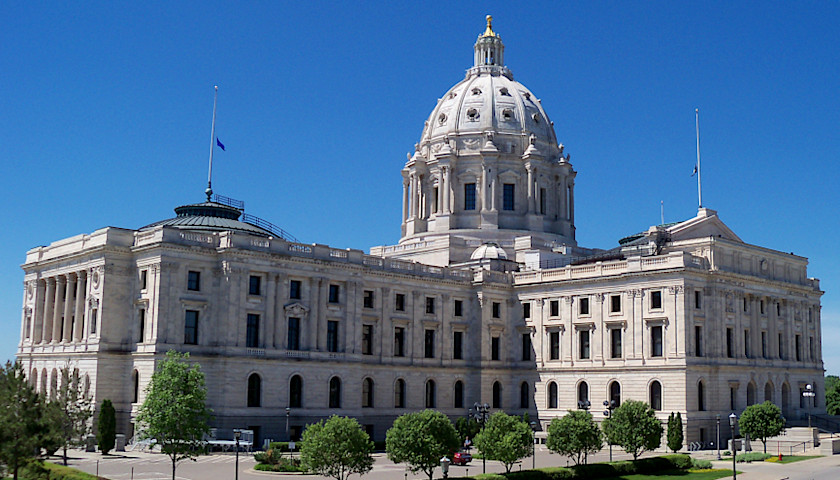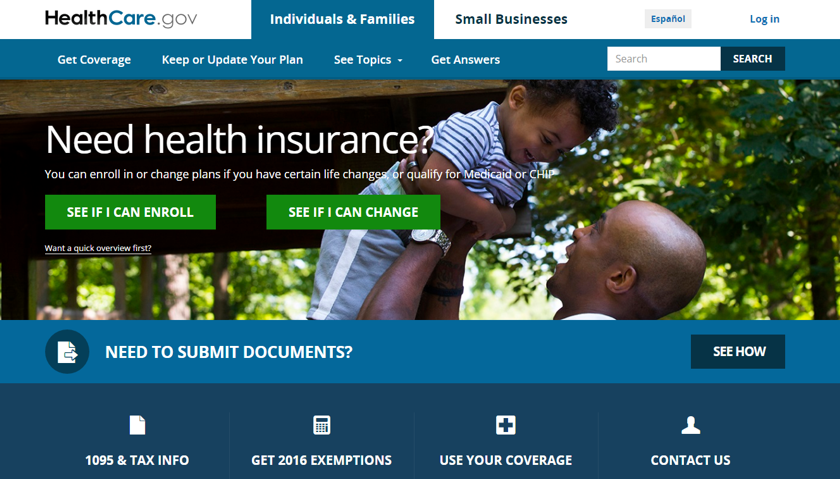by Evie Fordham Several states including Wisconsin and New Jersey are seeking to copy Minnesota’s model of federal reinsurance program funding that contributed to a 13-percent drop in premium rates in the state from 2017 to 2018. The Minnesota legislature adopted the program, which uses mostly federal funds to help insurers cover people with medical bills typically between $50,000 and $250,000, in 2017, reported Kaiser Health News. The program enables insurers to lower premiums and is a policy encouraged by the Trump administration. Wisconsin Republican Gov. Scott Walker is focusing his campaign on his health care accomplishments, including support for his state’s reinsurance program, reported RealClear Politics. He says premiums will be 11 percent lower than they would have been without the program in 2019, reported HealthLeaders Media. Minnesota’s 2018 reinsurance program received $131 million from the federal government, and many other states have applied or are applying for reinsurance program funding. Alaska and Oregon have programs similar to Minnesota’s in place. The main difference between Alaska’s program, which started in 2016, and other states’ is that Alaska’s covers all costs for people with “highest-cost conditions.” Wisconsin and Maine were approved in July, while Idaho, Louisiana, Maryland and New Jersey are working toward having programs set up by…
Read the full story






